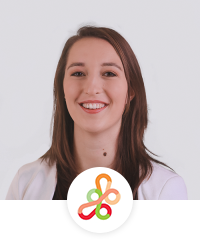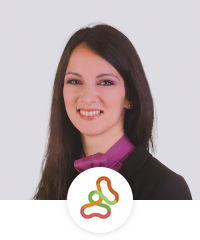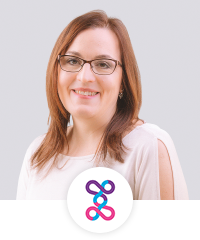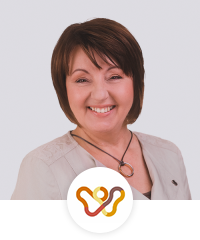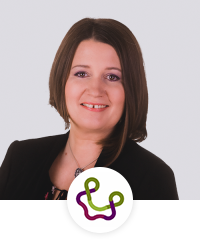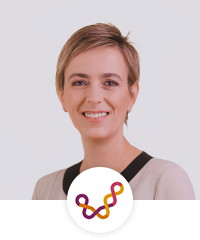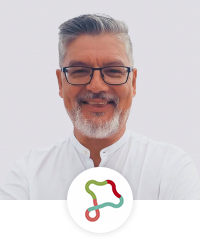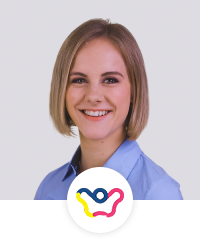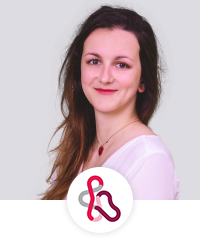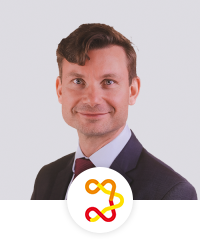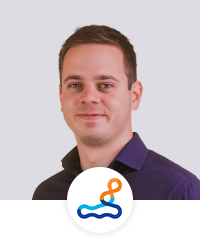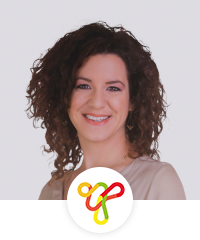Every summer for years, my family and I have cycled around Lake Balaton – Central Europe’s largest lake, a full 200 kilometers. It’s a tradition I look forward to, both for the joy it brings and the challenge it poses. We set our daily stages together, share the tough moments, and end each day tired but filled with happiness and laughter.
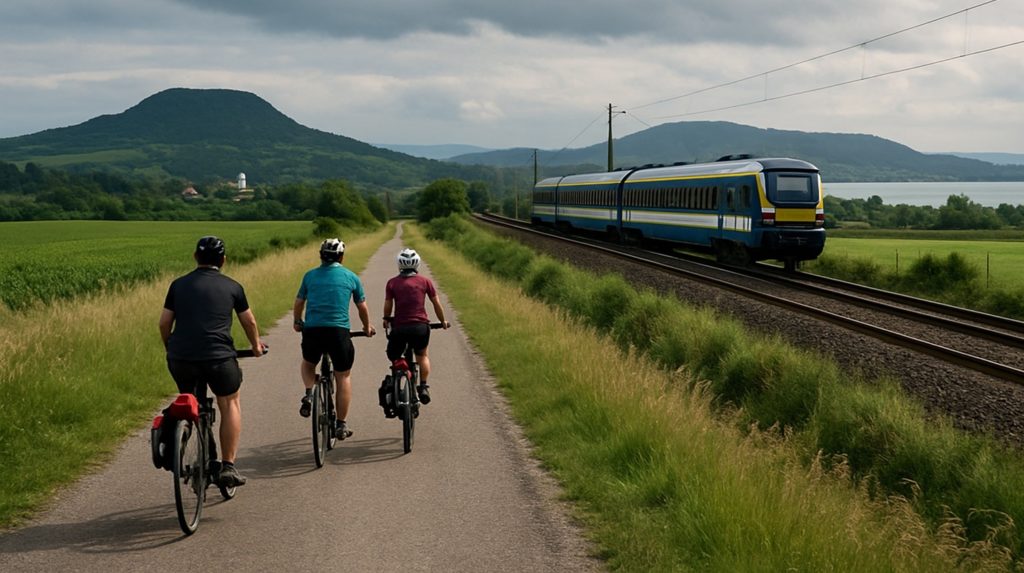
This year, though, things turned out differently. One day, with a storm approaching, we had to take the train for a longer stretch. It wasn’t part of the plan. At first, I felt disappointed – as if I hadn’t truly met the goal. But as we watched the heavy rain pour down from the train window, I realized: we hadn’t abandoned the goal. We responsibly adapted our route to fit the circumstances. We still completed the goal – just differently. Together. And along the way, we gained new experiences.
That moment reminded me how often similar situations arise in organizational life. We frequently move forward according to the original plan, even as the environment around us – market shifts, internal changes, emerging opportunities, or new risks etc. – is constantly evolving. What was the most direct and effective path yesterday may no longer be the right one today.
Why is it important to pause from time to time?
Because it gives us the space to look at our situation from a fresh perspective and to recognize when a different route could get us to our goal more effectively and sustainably. This isn’t weakness – it’s adaptivity. Not a step back, but a strategic adjustment.
What is worth considering at this time?
Where are we now?
What has changed since we set out?
What options do we have, and how can we move forward in a way that truly supports our shared goal – not just in form, but in substance?
A conscious pause isn’t the opposite of progress – it’s part of it. If we regularly take time for collective reflection, our teams become not only more effective, but also more adaptable, collaborative, and sustainable in the long run.
When was the last time your team made space for this kind of “pause”? And if you could do it now – what would you want to look at together?

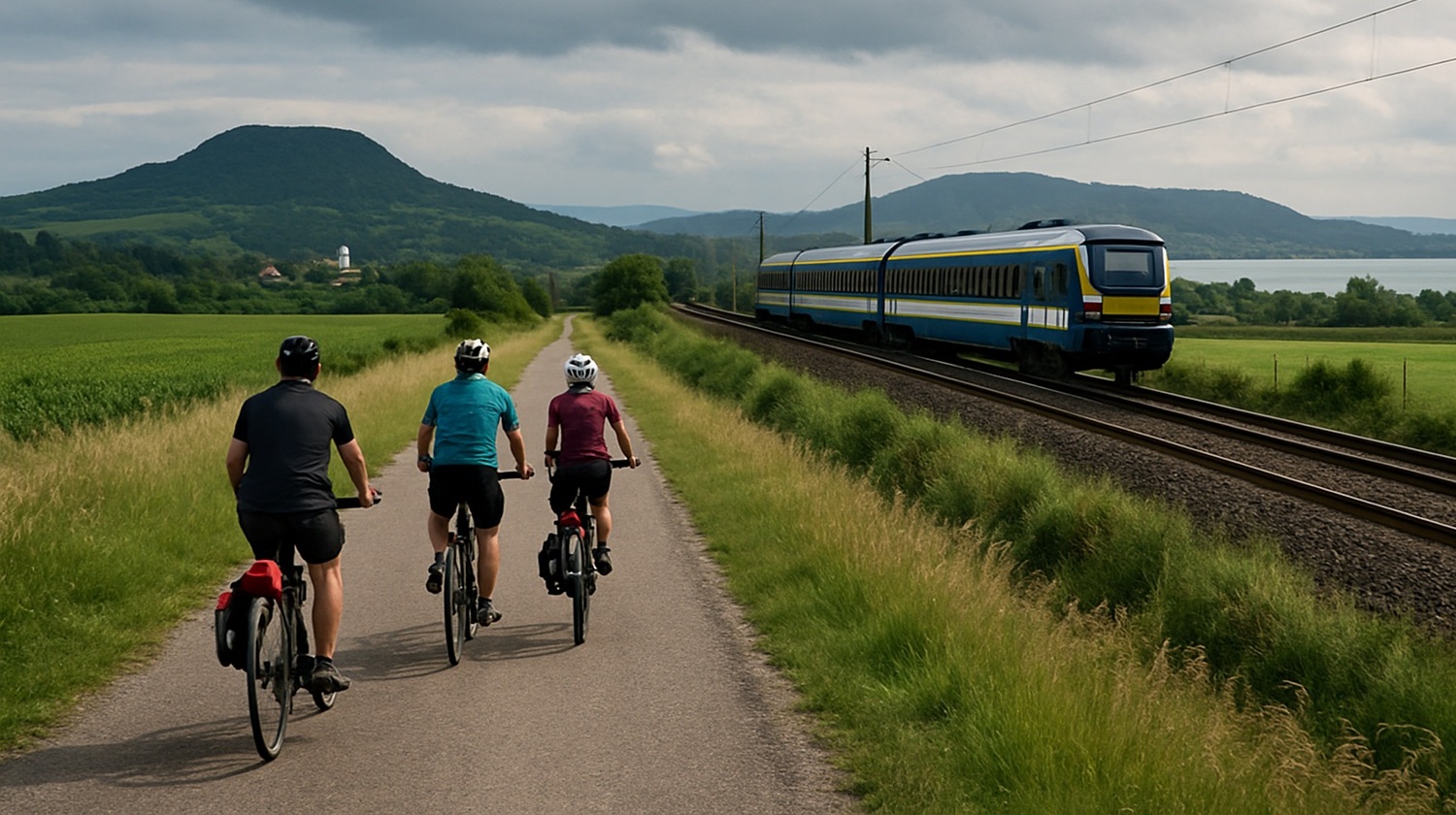


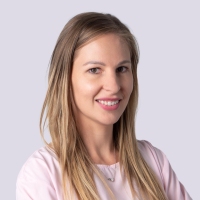

 Fábián László
Fábián László